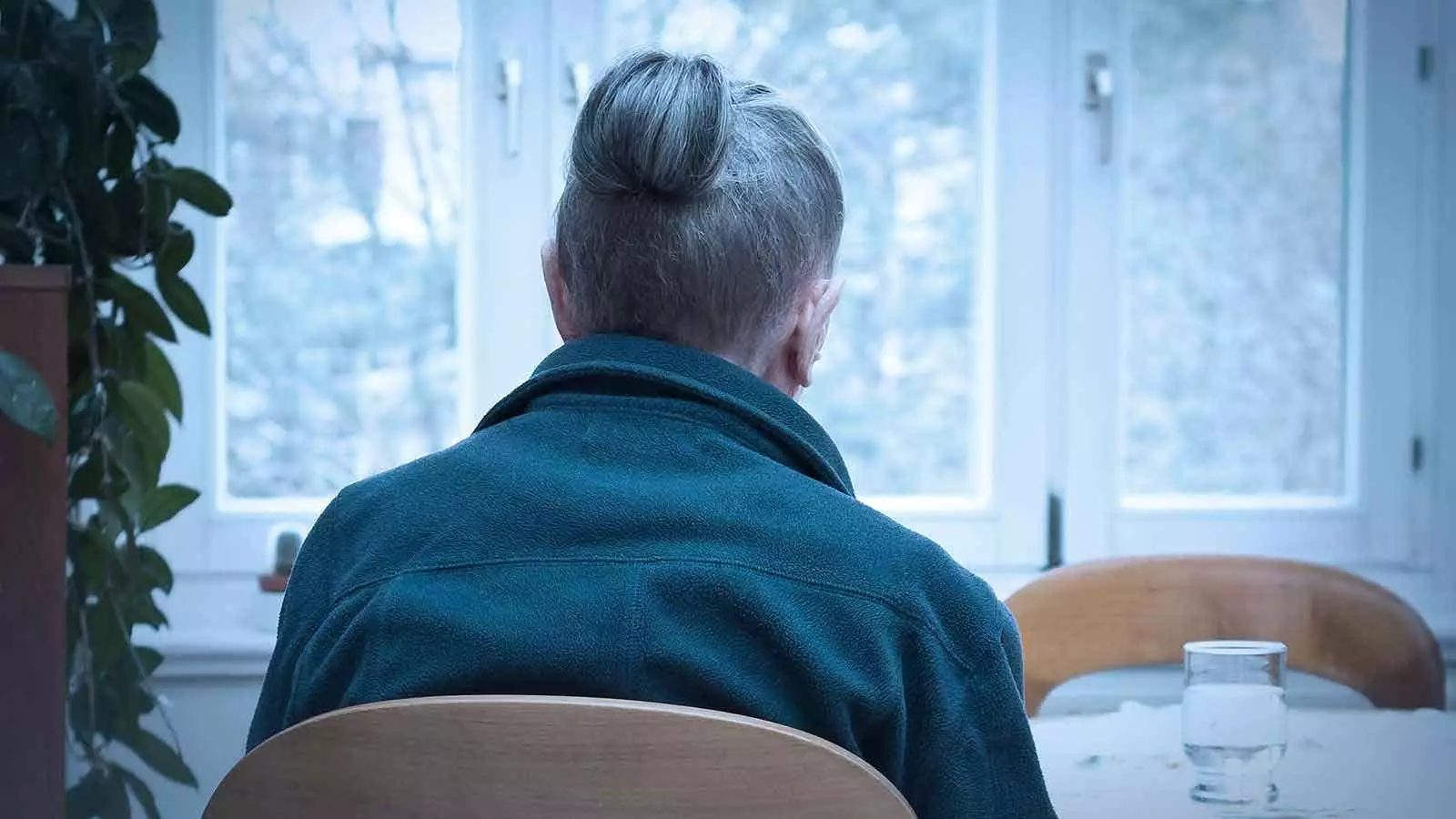A retrospective longitudinal study conducted by Jingxuan Zhao, MPH, of the American Cancer Society, and colleagues found that feelings of loneliness and social isolation were associated with a higher risk of mortality among cancer survivors. Over a 10-year study period, survivors with higher loneliness scores on the UCLA Loneliness Scale had a higher mortality risk compared to those with low or no loneliness scores. The study revealed a dose-response association, with adjusted hazard ratios (HR) of 1.19 for mild loneliness, 1.41 for moderate loneliness, and 1.67 for severe loneliness.
The researchers emphasized the importance of incorporating loneliness screening as a routine part of cancer survivorship care. They suggested that healthcare providers should consider adding loneliness assessment tools to their standard practice and employ them at various time points, from initial diagnosis through survivorship care. This is particularly crucial in light of the Surgeon General’s advisory on the epidemic of loneliness and isolation in the U.S.
Detecting loneliness early among cancer survivors may help prevent its escalation and complications. Identifying survivors experiencing loneliness can inform the need for interventions such as mental health counseling, community support, social network involvement, and integrating loneliness intervention into cancer treatment and survivorship care. Future studies should focus on optimal screening tools for loneliness and examine the effectiveness of screening and interventions.
The authors recommended that oncologists provide loneliness screening while treating their patients, offer education about emotional challenges associated with a cancer diagnosis and treatment, and refer patients to mental health professionals for tailored counseling. This proactive approach may help address the emotional well-being of cancer survivors and improve their overall quality of life.
Zhao and colleagues utilized data from the 2008-2018 Health and Retirement Study, including 3,447 cancer survivors with 5,808 person-years of observation. The study had several limitations, such as using an abbreviated measure to assess loneliness and relying on self-reported data. Additionally, important cancer-related information was not systematically collected in the survey, such as cancer type, stage at diagnosis, and ongoing treatment status.
The study highlights the critical relationship between loneliness and mortality risk among cancer survivors. Healthcare providers need to prioritize loneliness screening and intervention to support the emotional well-being of survivors throughout their cancer journey. Further research is needed to develop effective strategies for addressing loneliness in this vulnerable population. By addressing loneliness, healthcare providers can improve the overall quality of care and outcomes for cancer survivors.



Leave a Reply